Benefits of IY
Our kids curriculum-based program was specifically designed with children in mind. From an acute awareness of children's attention to understanding their level of ability and mobility to sprinkling in teachable moments that are rooted in the yoga philosophy, Imagination Yoga's curriculum was thoughtfully created.
The program goes beyond inspiring kids to move; Imagination Yoga empowers cognitive, emotional and behavioral presence in childhood. Here are our top 10 favorite benefits of yoga for children:
Aids Ability to Self-Soothe
School expectations are escalated today more than in recent years through standardized tests and busy after-school schedules. Yoga provides a little peace in children's days and teaches them how to self-soothe through calming techniques.
Employs Stillness
Busy schedules and stimulation of electronic devices are leading us to a new generation that doesn’t know how to disconnect and just be. Yoga teaches a child how to turn down the noise if just for a moment.
Deep Breathing
Simply learning when and how to take a meaningful deep breath can be invaluable to a child today. Breathing is a lifelong tool for managing stress and cultivating inner peace. If learned early, the child can tap into this tool all the days of his/her life.
Enhances Self-Esteem
The non-competitive aspect of yoga requires the practitioner, no matter how small, to work with his or her own body and not compare. The awareness of their own unique strengths helps to cultivate self-love, acceptance and respect.
Develops Mindfulness
Kids learn to connect more deeply with their inner self, and they become able to develop an intimate relationship with the natural world that surrounds them. Yoga provides a healthy space for their young minds to prosper.
Teaches Patience
What child doesn’t need a little extra dose of patience? Yoga takes practice and therefore fosters patient persistency.
Fosters Mental Clarity
Concentration and focus are paramount in yoga. “The Importance of Focus” (10/23/13) reported that kids learn best when they can maintain sustained attention. The more youngsters can practice keeping their focus and resisting distraction, the stronger and more richly connected their ability to focus will become. Like a muscle, use attention poorly and it withers; work it in the right way and it strengthens.
Improves Grades / School Performance
Whether it’s the ability to focus more in class, sleep better at night, or any of the combinations of the above benefits, studies show an improvement in classroom performance when kids participate in yoga. In a study of kindergarten through 8th-grade students in an inner-city school, researchers from California State University proved a “statistically significant” link between yoga participation and better grades.
“Yoga and mindfulness offer psychological benefits for children as well. A growing body of research has already shown that yoga can improve focus, memory, self-esteem, academic performance, and classroom behavior, and can even reduce anxiety and stress in children.” More than just a game: Yoga for School Age Children, Harvard Medical School, 2016.
Creates Opportunities for Kindness
Yoga can be the bullying antidote by teaching kindness and compassion: how our kind words affect others and how it feeds our kind hearts and fuels our kind thoughts. Other activities teach sportsmanship but yoga intentionally practices compassion before conflict.
Teaches Emotional Literacy
Children need an opportunity to associate how they are feeling with an actual word in order to seek help when they need it and have meaningful conversations with adults. The ability to communicate dramatically increases their understanding of their emotions as they learn to manage and self-regulate.
